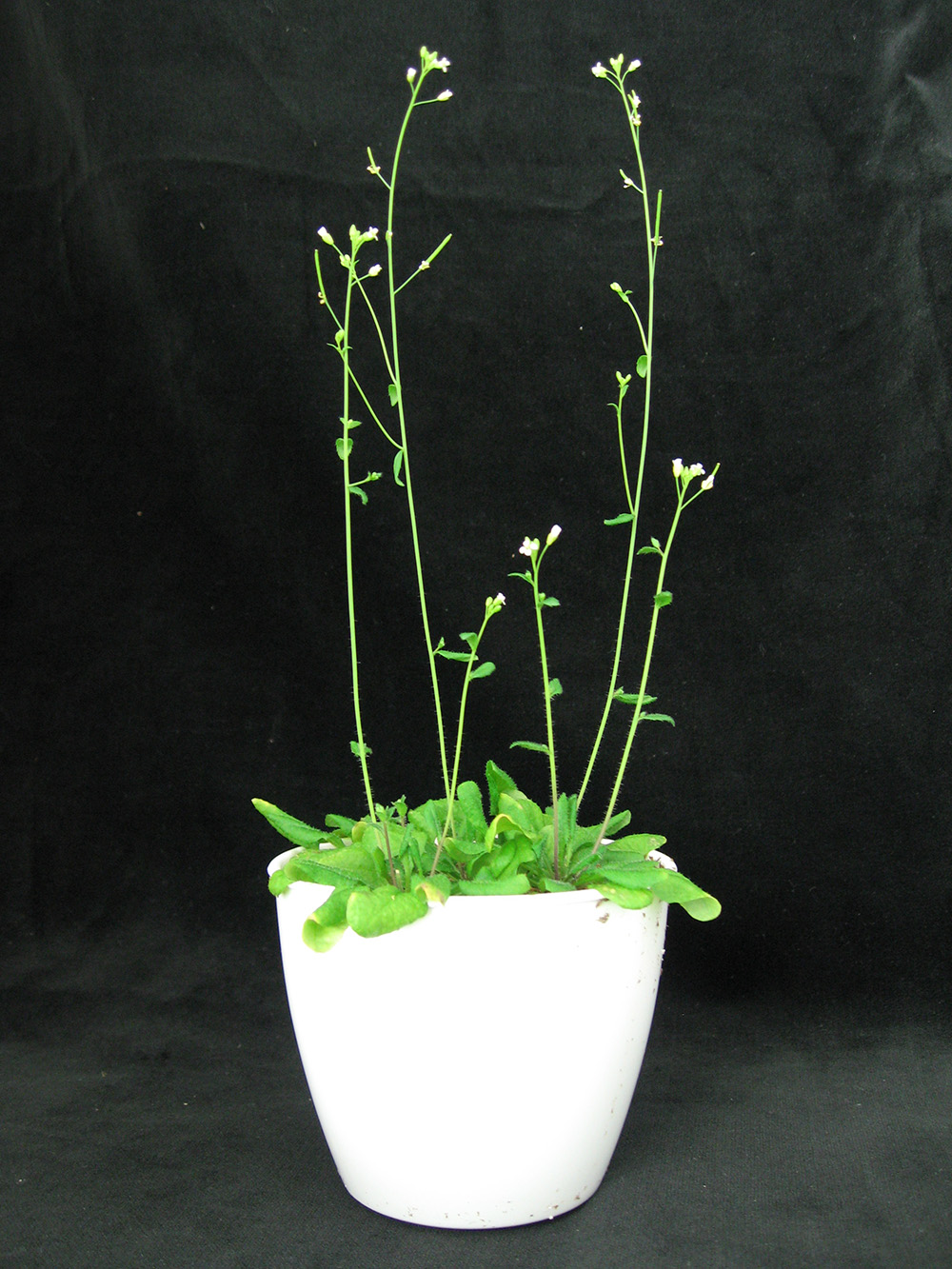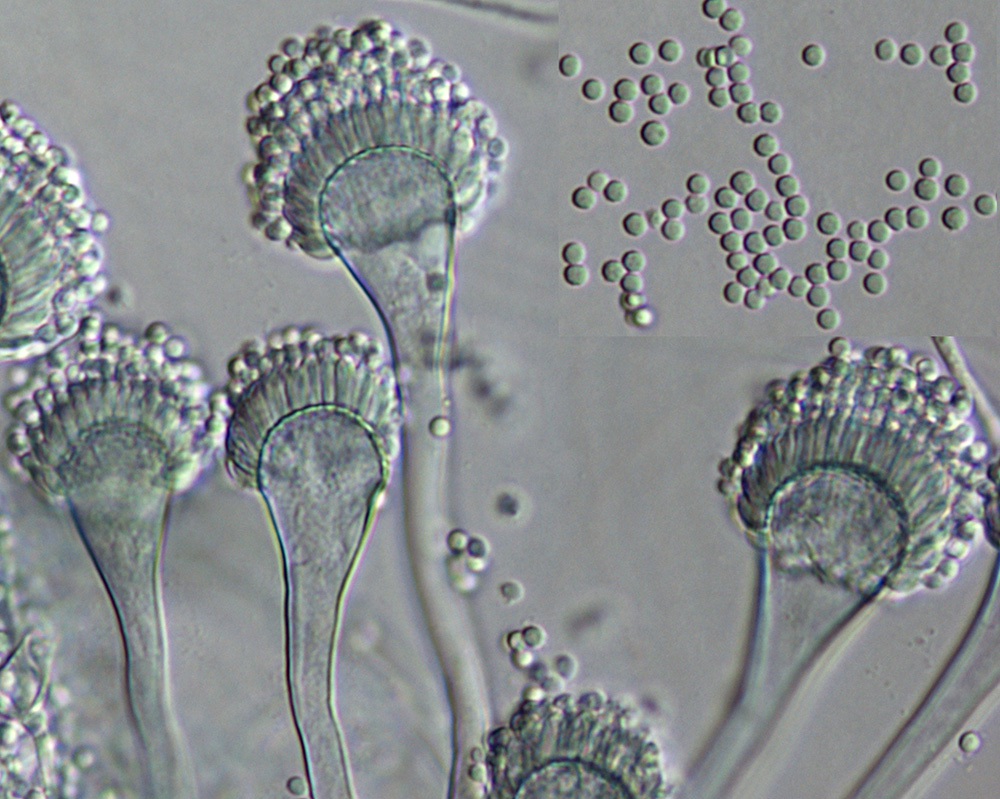The RIKEN BioResource Center

Research in the life sciences and biotechnology relies on having the right biological experimental materials, whether plant cell lines, stem cells or mice with mutant genetic profiles that allow them to be used in studies of the function of genes and human diseases. Such bioresources have become essential for both academic research and industry, and research and development is accelerated by the sharing of bioresources among researchers.
Since its establishment in 2001, the RIKEN BioResource Center (BRC®) has acted as a bioresource core facility for researchers through the collection, preservation and distribution of bioresources. Through these activities, the BRC® supports studies in a range of fields, from basic research to the treatment of disease, health promotion, food production and even environmental conservation.
A key characteristic of the BRC® is that it handles a variety of bioresources, including human specimens, mice, experimental plants such as Arabidopsis, cell lines, genes and microorganisms, as well as extensive information on all of these materials.
To date, the BRC® has collected over 6,000 mouse models for human disease and gene function. It also stocks Arabidopsisseeds, DNA and cultured cells to contribute to research on the environment, food and the production of new materials.

In efforts to support world-leading research on regenerative medicine involving stem cell resources, such as iPS cells, the BRC® established the BioResource Building for Cell Research in March 2011 which aims to collect, preserve, and distribute such stem cell resources.
By providing iPS and other types of stem cells to researchers both inside and outside Japan, the BRC® is promoting research not only in regenerative medicine but also in drug design by facilitating a better understanding of disease mechanisms, and thus contributing to advances in medical sciences in general.
The BRC® regularly offers courses and training in the handling of bioresources.
